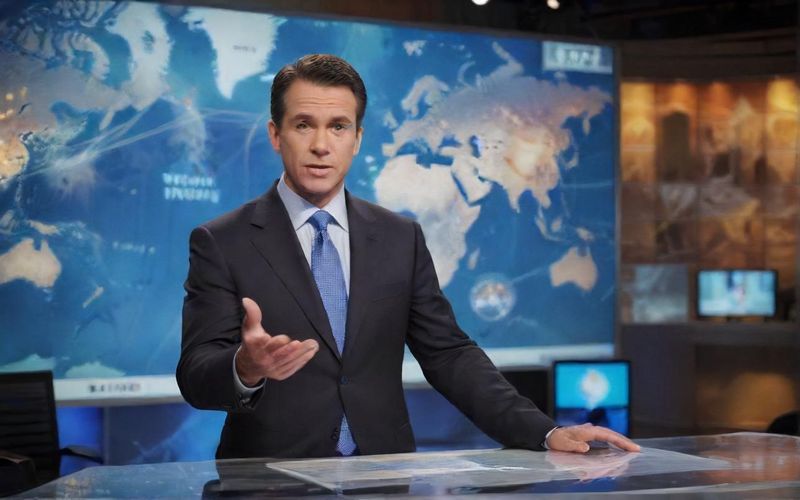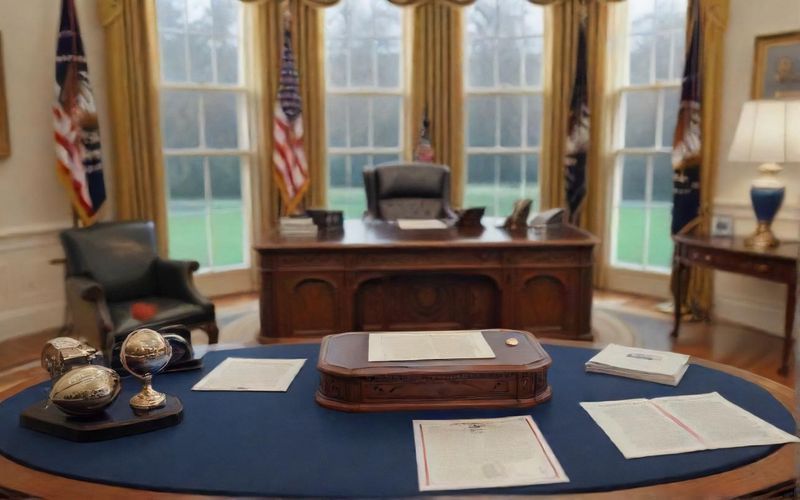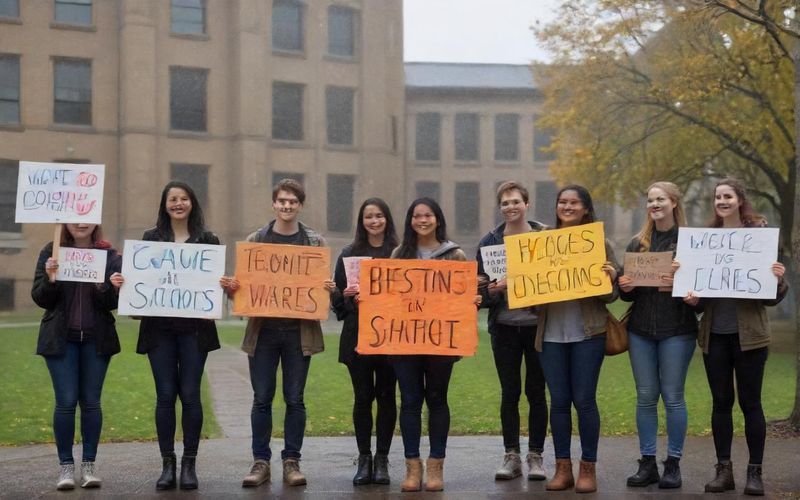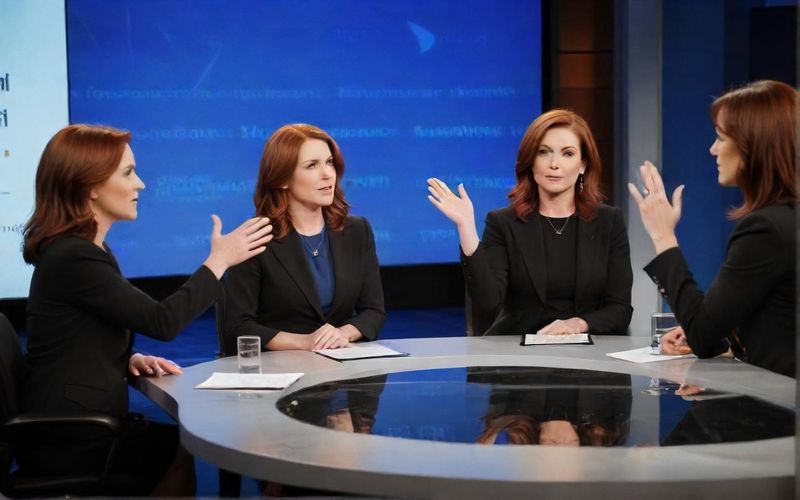Starmer Dodges Tax Hike Question Before Budget
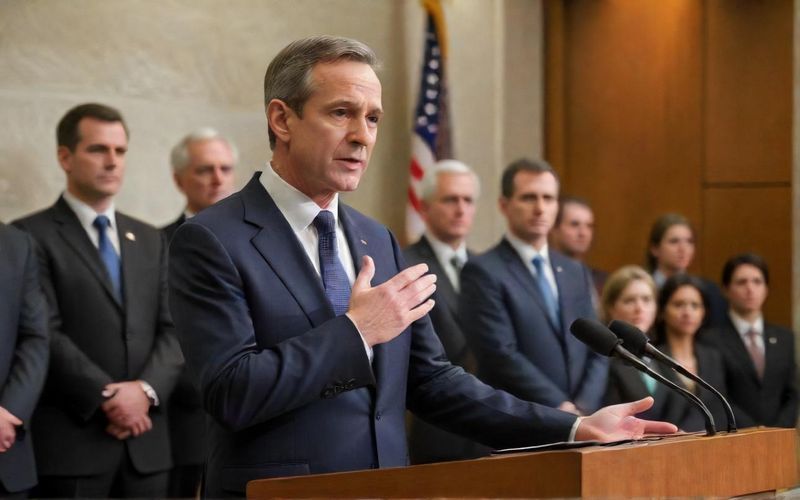
This isn't just political theater; it touches on something that affects us all. As reported by the BBC, Labour's 2024 manifesto had a clear pledge: no increases to the basic, higher, or additional rates of income tax, nor National Insurance or VAT. This promise was a significant part of their platform. However, with economic forecasts looking less rosy and a projected shortfall in public finances, there's increasing speculation that this pledge might be revisited.
It’s understandable that the government is grappling with difficult choices. The Institute for Fiscal Studies has suggested that significant tax rises or spending cuts might be needed to shore up finances, with some economists even pointing to income tax as a seemingly straightforward, albeit politically sensitive, option. The shadow chancellor, Sir Mel Stride, has even called for Rachel Reeves to step down if she breaks this manifesto commitment, as relayed by The Independent.
But what does this really mean for everyday people? We’ve heard assurances that Labour is focused on fixing long-term economic damage and investing in public services. Yet, the prospect of increased income tax, even if framed as necessary for broader economic stability, can feel like a sting. It raises questions about how we balance the need for public funding with the desire to keep more of our hard-earned money.
This situation highlights a perennial tension: how governments manage their budgets and the promises they make to voters. As we head into the next budget, many will be watching closely, hoping for clarity and perhaps a way to navigate these financial challenges without feeling unduly burdened. What path will be chosen, and how will it ultimately shape our financial realities?



